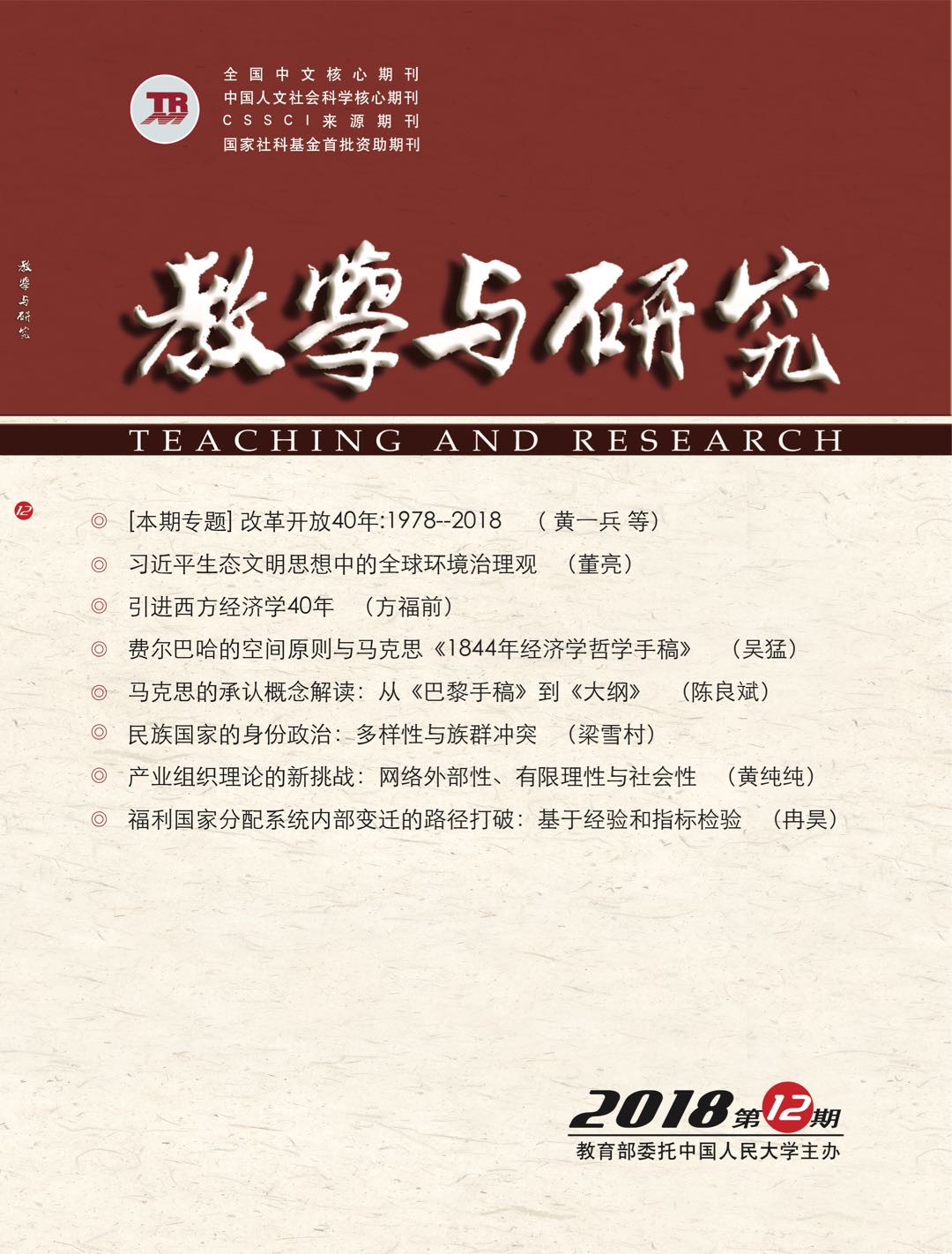The strong or weak of a political party power is often closely related to the adjustment and change of its scale. Party scale plays an important role in the development of party organizations. Party scale is affected by multiple factors which are mainly divided into external influence factors and internal influence factors. The internal influence factors include party culture, organizational structure, the rules and regulations, party members, party leaders and so on. The external factors include population, social structure, management technology, political psychology and so on. The internal factors and external factors are interdependent and interact with each other, and a complex, dynamic and open factor system is formed. By taking the influence factor system of party size as the research object, it mainly discusses the various influence factors and their internal relations in that it can provide scientific reference for party to formulate reasonable development plans.



